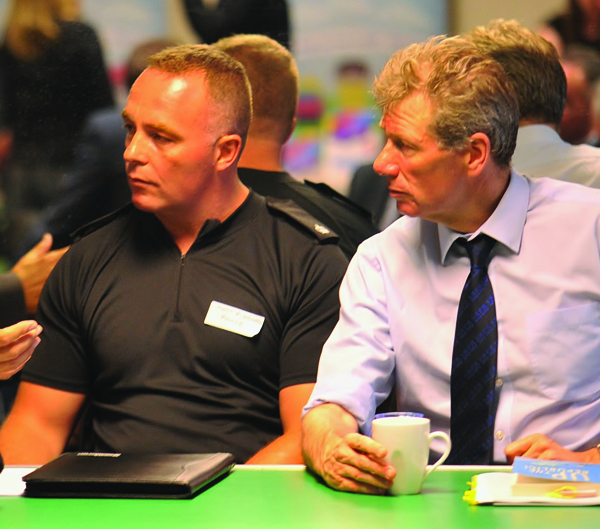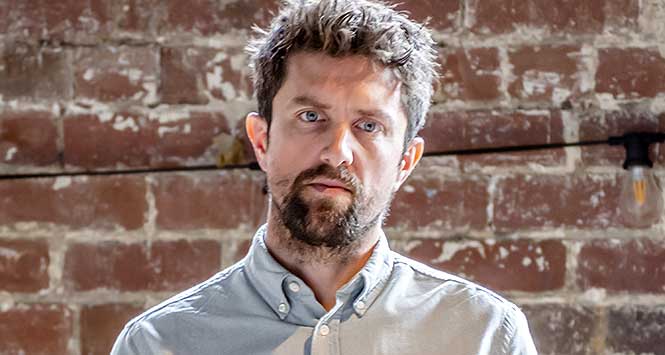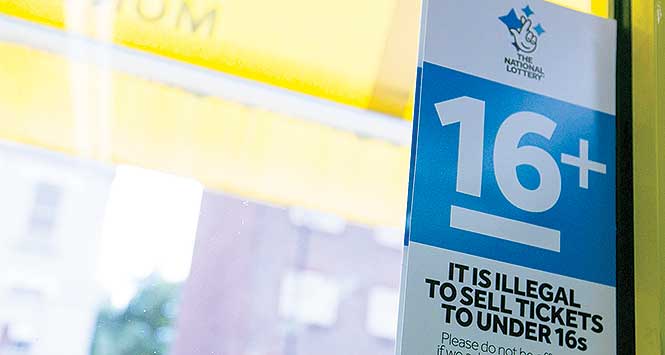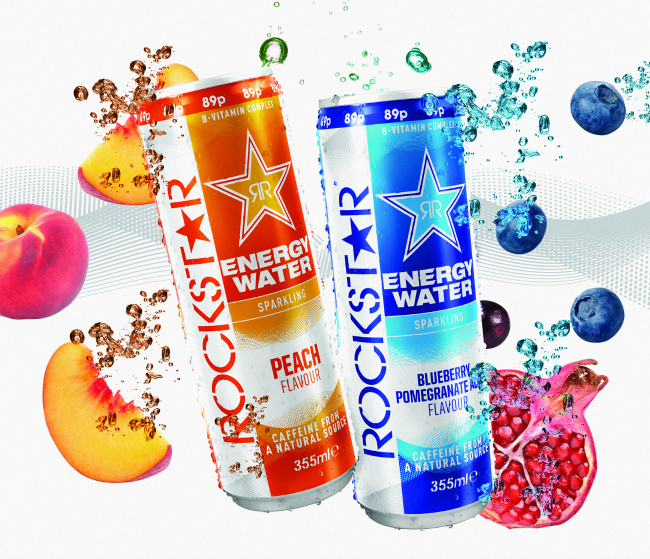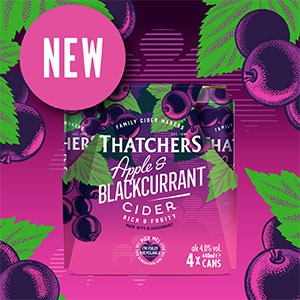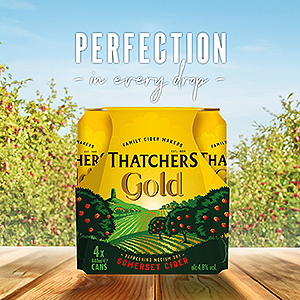Five years after rolling out in England, the first Scottish Community Alcohol Partnership has launched in the east end of Edinburgh. With local retailers already leading the way in responsible retail, we look at the role they will play in the scheme, and what it entails.
by Kevin Scott
For years now, the vast majority of local retailers have worked diligently to reduce the levels of underage alcohol consumption. Retailers have gone beyond mandatory conditions (indeed the Alcohol (Scotland) Act introduced measures most c-stores already did as a matter of course) for the good of their communities and yet when it’s time to point fingers, it’s the local shop owners who are singled out. So, while there are a very small number unscrupulous retailers out there the vast majority have led the way in responsible retailing and this is about to be taken one step further.
Last month saw the first Community Alcohol Partnership in Scotland launch in east Edinburgh, with retailers in the Portobello and Piershill areas of the city participating. The CAP has been driven, on the retailer front, by Sainsbury’s and Scotmid though local retailers too are playing their part. For them, the launch of CAP, and its potential to grow throughout Scotland, is a way to highlight to their customers what they already do, and perhaps push training that little bit further.
SGF members in Edinburgh have become involved, with McColl’s being represented at the launch, and Public Affairs Adviser John Lee says the scheme can have a beneficial impact on retailing. “The response has been very positive,” he says. “I believe the CAPs have huge potential in Scotland. One of the key aspects is the willingness of the police to develop relationships with local retailers. Retailers therefore have the opportunity to feel less isolated.”
This is certainly a view echoed by Police Scotland superintendent Matthew Richards, who says: “The reception to the CAP leaves me in no doubt that it’ll be a success. This is about a long-term outcome – a meaningful resolution to the issues the country has with alcohol.”
Richards says that the issues related to underage drinking is a generational problem but that doesn’t mean it can’t be changed. “No single mechanism will ever solve it, so we need a collective approach,” he says. “We welcome retail involvement. We work towards helping keep people safe. – and we will continue to target the proxy purchasing of alcohol. It is not only illegal but morally wrong. Purchasing alcohol for a child exposes them to a wide range of threats. Proxy buyers also tend to be those willing to commit other crimes.”
Proxy purchasing
Lee agrees that proxy purchasing remains a serious issue for convenience stores and that the CAP will help. CAPs have been ongoing in England since 2007 when the scheme was introduced in Cambridgeshire.
At the launch of the event, Justice Minister Kenny McAskill, who happens to also be the local MSP for the area, said this kind of joined up approach was key to reducing underage drinking. He says: “The work of the east Edinburgh CAP will undoubtedly play a huge part in tackling underage drinking and anti-social behaviour and I am delighted that such a wide range of partners are involved. Initiatives such as this promote responsible behaviour in young people and deter underage drinking, which will all ultimately contribute to a safer, stronger and healthier Scotland.”
McAskill does acknowledge the role that local retailers have, saying: “The police do their job, they confiscate drink from children, and the retailers also have a job to do. Their role is important. They have to put up with a lot and we’re all grateful for the service they offer. Finding a solution has to be done collectively but we will get where we want to be. We will be a better country for it – healthier, fitter, wiser.”
Making a difference?
Whether or not the CAP will make a difference in Edinburgh remains to be seen. The schemes haven’t been without their critics in England, where it has been claimed that they concentrate too much on crime and disorder while neglecting the importance of health and treatment issues. However, Philip Lawrie, CAP Director, says that for CAPs to be part of an effective solution, licence holders must ensure laws aren’t being broken. “It can be more effective than enforcement alone. It draws on local parties to deal with local problems – there is no overarching solution that is pushed onto people.”
By using education, enforcement and engagement, Lawrie says there can be real results. Training is key to this, and that is why Sainsbury’s and Scotmid are helping smaller shops who otherwise may not have been able to afford the additional training.
Ian Lovie, Head of Licensing and Age Related Sales for Scotmid adds: “Scotmid is providing training for other retailers, which includes conflict management solutions, giving smaller retailers the benefit from our experience to stop alcohol from getting into the wrong hands. We’re looking forward to working with all CAP partners to curb underage drinking in the East Edinburgh area.”
The next level
John Lee is quick to add that the CAP is an opportunity to take responsible retailing to the next level and it could well be something that rolls out across wider Scotland. That said, the very concept of the CAP is something that has been in evidence in rural and neighbourhood communities for years. Local retailers are the centre of these communities and the parents of children attempting underage sales are only a phone call away. Furthermore, those who would attempt proxy purchasing are generally known to retailers. To that end CAPs are not likely to be rolled out into more rural areas of the country – purely because the measures already happen without the requirement for a name to be attached to them. For larger towns and cities, the collaborations could prove to be an invaluable tool in cracking down on proxy purchasing and underage drinking. Lee says: “the CAPs are geared towards areas where there are problems. It is a way of enhancing community spirit where it is lacking. Retailers can very much be part of a solution which could be the antidote to lazy stereotypes about local shops.”
So, for local retailers who become directly involved in this scheme, or the others that will inevitably follow, there is much to be gained by advertising the fact. Building further trust with customers is always a good measure in business and the CAP gives retailers the chance to show that they continue to lead the way in repsonsible retailing.
What is a CAP?
Community Alcohol Partnerships tackle underage drinking in local communities through co-operation between licences retailers, on-trade premises and local stakeholders. By providing advice, guidance and resources CAPs support communities in developing their own capacity to deliver a co-ordinated, localised response to underage alcohol misuse. CAPs encourage local partnerships working together to tackle underage alcohol misuse and associated anti social behaviour. More than 55 CAPs have been set up across the UK. Funding is secure until 2014 and has been agreed until 2017.


